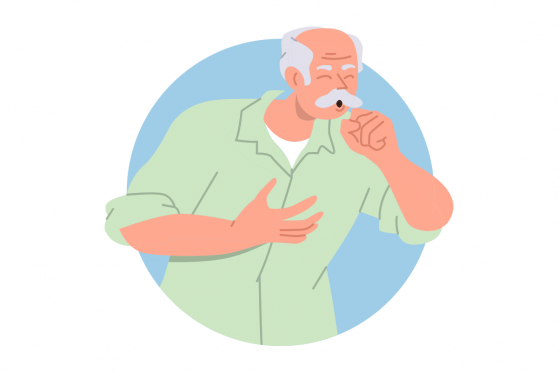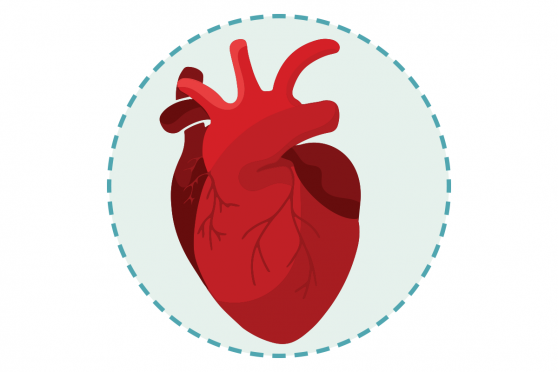Hit Refresh on Your Health Routine
Simple daily habits can make you healthier by next month

Think overhauling your health is about extremes? Think again. You don’t have to go on a juice cleanse or suddenly start a hardcore exercise routine. A more balanced approach is much healthier. “Start with one change a week,” suggests Amy Shah, MD, a physician and wellness expert in Glendale, Arizona. “Whenever you try to do too much at once, your chances of failing are much higher. If you are a go-getter, then pick a few changes you want to make, but make ONE of them non-negotiable.” Try making one change a week, for the next few weeks, and see how doable healthy habits can be.
WEEK 1: Make your mornings count.
“How you start your morning sets the tone for your entire day,” says Rucha Tadwalkar, a California-based certified meditation teacher and founder of The Shanti Path. The first step (that you don’t want to hear about) is waking up a bit earlier. “Waking up early helps us to accomplish more throughout the day, feel more in control over our schedule, and allows us the time to fit in self-care,” she says. Setting your alarm clock just 15-30 minutes earlier makes you some time in the morning to do something for yourself, whether you choose meditation, journal writing, mindfully making and eating a healthy breakfast, or setting an intention for how you’d like to approach your day (something as simple as aiming to stay calm in the face of road rage or the terrible twos works). If you need help emerging from the bed, Tadwalkar suggests leaving your blinds open a bit so the light comes in when the sun rises. “When you wake up you will be reminded that there is a world out there beyond those four walls, motivating you to get out of bed and begin your day,” she says.
WEEK 2: Get picky with personal products.
Foods aren’t the only products with labels to read. Products you use for personal cleanliness can also affect your health. “Please detox your [medicine] cabinet today,” says Robin Berzin, MD, a New York City-based functional medicine doctor. “In general, removing the hormone disruptors and cancer-promoting chemicals from your lotions, moisturizers, cleaners, shampoos, toothpaste, and makeup is an important step in living a healthier life.” The FDA recently decided to reevaluate the safety of antibacterial soaps, which contain the chemicals triclosan (also found in liquid soaps, body washes, toothpastes, hand sanitizers, and cosmetics) and triclocarban (found in bar soaps). Studies in animals have shown these chemicals could change the way hormones work in the body and cause weight gain, as well as decrease the efficacy of antibiotics. Buy regular soap instead of “antibacterial” products and look out for triclosan and triclocarban on product labels.
“Avoid products with parabens as well,” says Elizabeth Boham, MD, MS, RD, a physician at Dr. Mark Hyman’s Ultra Wellness Center in Lenox, MA. “They’re often found in moisturizers and makeups and can also negatively influence our hormones.” Parabens prevent bacterial growth in cosmetic products and are widely used. Dr. Boham notes that there’s been some speculation and research into whether they are linked with breast cancer and infertility, but the jury is still out. Consider choosing some products without them to reduce any potential risk. This week, consider getting rid of any antibacterial soaps and products with parabens.
WEEK 3: Aim to cut down on packaged snacks.
“Just for a week try to get off of all packaged snacks and sweets—anything that comes in a box, bag, or can,” Dr Shah says. She says she roasts and salts chickpeas when she wants a crunchy savory snack instead of ripping into a bag of chips. “Without all those additives and preservatives, you will feel so much better,” she says. “After the week is over, start reevaluating if you need to buy all that stuff or if you can easily make healthy versions at home.” When you don’t have time to DIY, try raw nuts or roasted pumpkin seeds for a simple, less processed snack.
Dr. Berzin says packaged snacks include even the "better" snack bars. “Even the ‘health bars’ or ‘nutrition bars’ that are advertised as being full of vitamins and nutrients are typically high in sugar,” Dr. Berzin says. “At the end of the day, a bar is processed–anything that can live for weeks on a shelf in an air-tight plastic wrapper isn’t real food.” Eating a bar in desperate times beats hitting the drive-thru, but Berzin says not to make it a habit. Learn what really goes into some common processed foods.



